Personal Reflection of "Vietnam: The War That Changed America"
Apple TV+'s 6-part Documentary
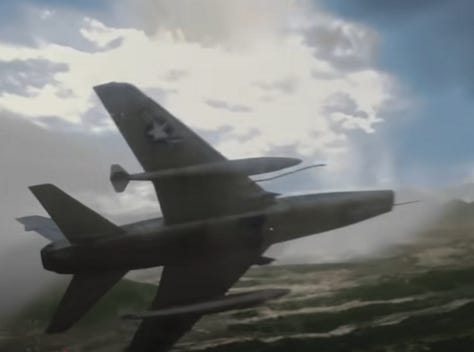
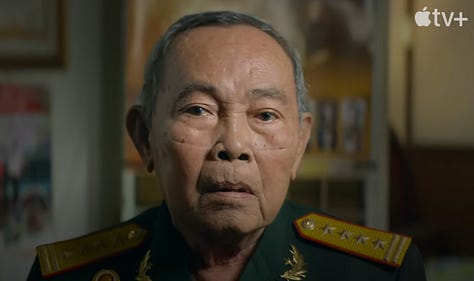
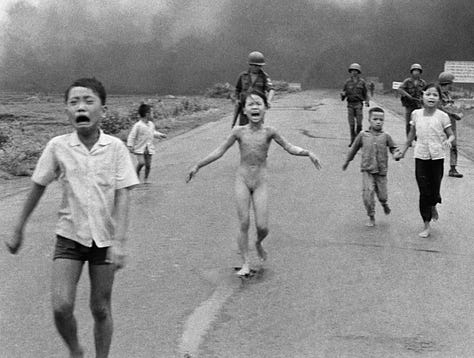
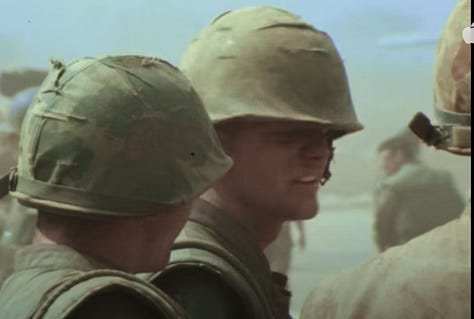
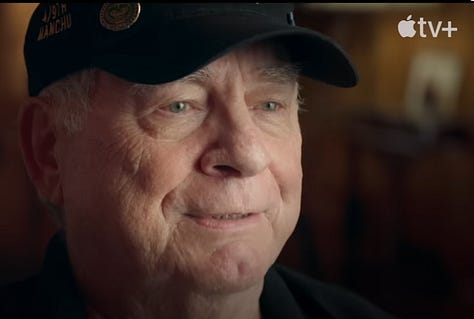
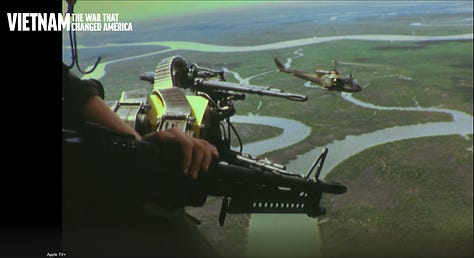
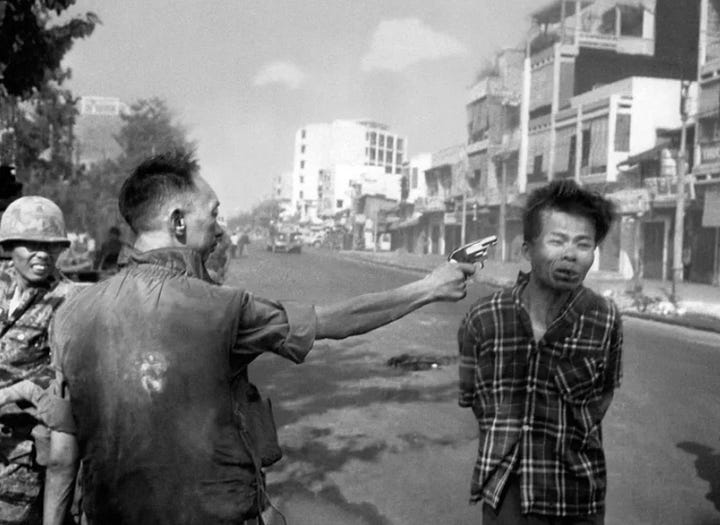
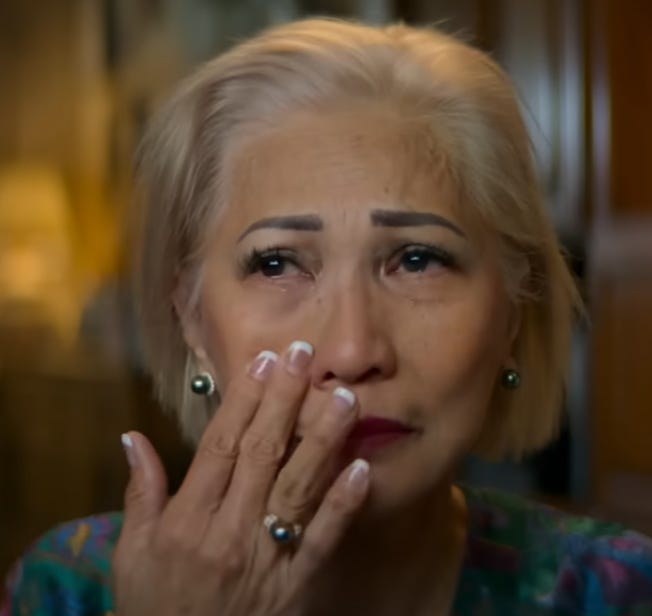
Growing up in West Berlin
Growing up in West Berlin, Germany, I remember standing on our balcony when I was about ten, watching thousands of people march in protest against the Vietnam War. The streets were packed, filled with banners and loud chants. Even at that age, I could tell this was something big—something that mattered. Those protests stuck with me, shaping the way I thought about war and the power of people speaking out.
That connection deepened years later in high school (or maybe my first year of college) when I did a book report on the My Lai Massacre. That was the first time I really had to sit with the details of what happened. On March 16, 1968, U.S. soldiers, led by Lieutenant William Calley, slaughtered hundreds of unarmed South Vietnamese civilians in My Lai. Calley was later convicted, but the damage was done—not just to those people, but to the entire perception of the war. Reading about it, I remember feeling angry, confused, and questioning everything I thought I knew about what it meant to fight for a cause.
A Documentary's Deep Impact
Recently, I watched the Apple TV+ documentary series, Vietnam: The War That Changed America, which brought these memories rushing back. The documentary dives deep, pulling in voices from all sides—American vets, Viet Cong fighters, civilians, journalists, families. It covers key moments like the Battle of Ia Drang Valley and the Tet Offensive, but what hit me the hardest was hearing people reflect on the personal cost of it all.
One moment that really stuck with me was an interview with a North Vietnamese woman who had fought in the war. She admitted she had no idea where America even was. To her, the U.S. was just another foreign power invading her homeland, killing her people. That kind of perspective forces you to step back and realize how different the war looked depending on where you stood.
For American leaders, Vietnam was about stopping the spread of communism. For the Vietnamese, it was about survival, about keeping yet another outside force from dictating their future. Two completely different realities, yet they collided in one long, bloody conflict.
The documentary also doesn’t sugarcoat what war does to people. Some U.S. vets spoke openly about the atrocities they committed—things they didn’t question at the time but have spent decades regretting. Some described how war stripped them of their humanity, turning killing into something routine, even enjoyable. Others talked about cutting ears off Viet Cong fighters and wearing them as trophies. It’s horrific, but it’s part of the story that can’t be ignored.
When these soldiers came home, they weren’t treated as heroes. Unlike in previous wars, Vietnam vets often faced hostility or indifference. Many were left alone to process what they had done and seen, leading to a wave of PTSD, addiction, and suicide. The war didn’t just take lives in Vietnam—it kept taking them long after the last soldiers left.
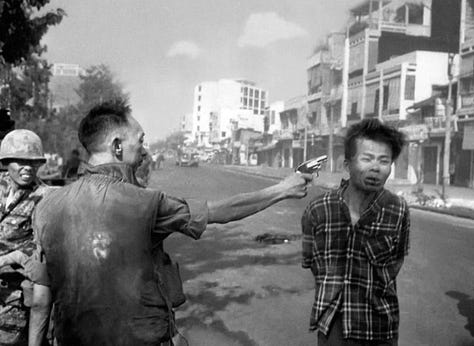
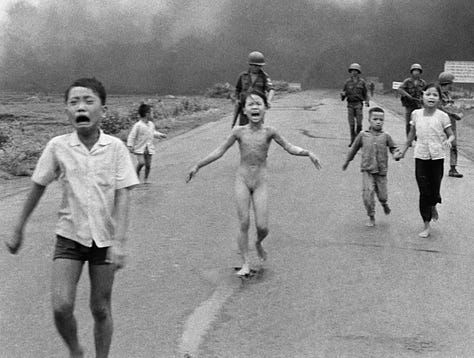

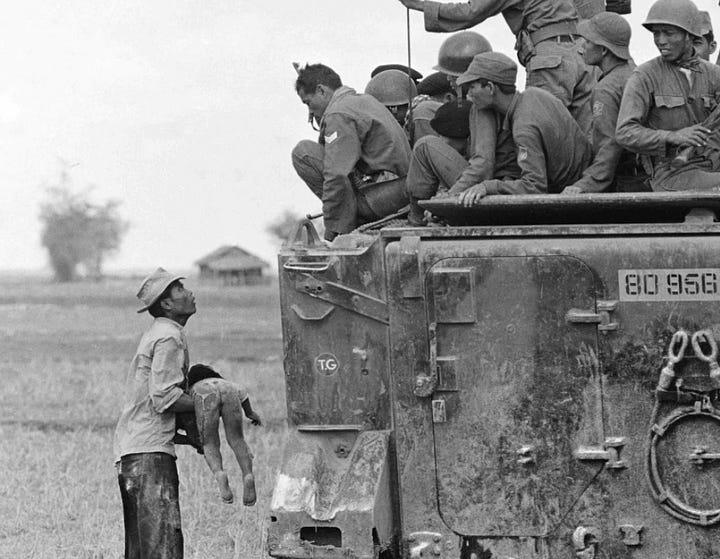

The Numbers That Haunt Me
The United States lost over 50,000 souls, which were just numbers for a lot of our politicians. An even more sobering moment in the documentary comes when the narrator, Ethan Hawke, states: "It’s thought that 3,000,000 Vietnamese were killed in the conflict." Let that sink in. Three. Million. People. That’s followed by a quote from C.W. Bowman, a U.S. Army veteran and Vietnam War Veteran, who says, "They suffered just as much, if not more than we did... they lost their children, they lost their families, they were just human beings, just like I was."
That kind of acknowledgment—of shared suffering, of the reality that war destroys on both sides—is rare. But it’s necessary.
What This Documentary Made Me Think About
Watching Vietnam: The War That Changed America isn’t just about learning history. It’s about understanding how wars like this leave scars that never fully heal. It’s about seeing the patterns that keep repeating—how governments sell wars to their people, how soldiers get caught in the middle, and how the real cost is always paid by those on the ground.
What frustrates me is how little we seem to learn. Vietnam was supposed to teach us that military might alone doesn’t win wars, that foreign intervention is complicated and costly, that the human toll is beyond calculation. And yet, we’ve seen the same story play out in Iraq, in Afghanistan, and probably somewhere else in the future.
Maybe the biggest takeaway from this documentary is simple: we need to listen. To the veterans, to the civilians, to the people who actually lived through these wars. Because history isn’t just something to memorize—it’s something to learn from. And if we don’t, we’re doomed to keep making the same mistakes over and over again.
If you want a deeper understanding of Vietnam beyond textbooks and statistics, this documentary is a must-watch.
Footnote:
The Documentary's Omission: The Lasting Impact of Agent Orange
While Vietnam: The War That Changed America provides a comprehensive exploration of the Vietnam War, it falls short in addressing the extensive suffering endured by the Vietnamese, Laotian, and Cambodian populations. The documentary does not mention the use of Agent Orange and its catastrophic and enduring consequences.
Between 1962 and 1971, the U.S. military sprayed approximately 19.5 million gallons of Agent Orange over Vietnam, aiming to defoliate forests and destroy crops to disrupt enemy operations. This herbicide contained dioxin, a highly toxic compound linked to severe health issues. The Vietnam Red Cross estimates that three million Vietnamese have been affected by dioxin, including at least 150,000 children born after the war with serious birth defects.


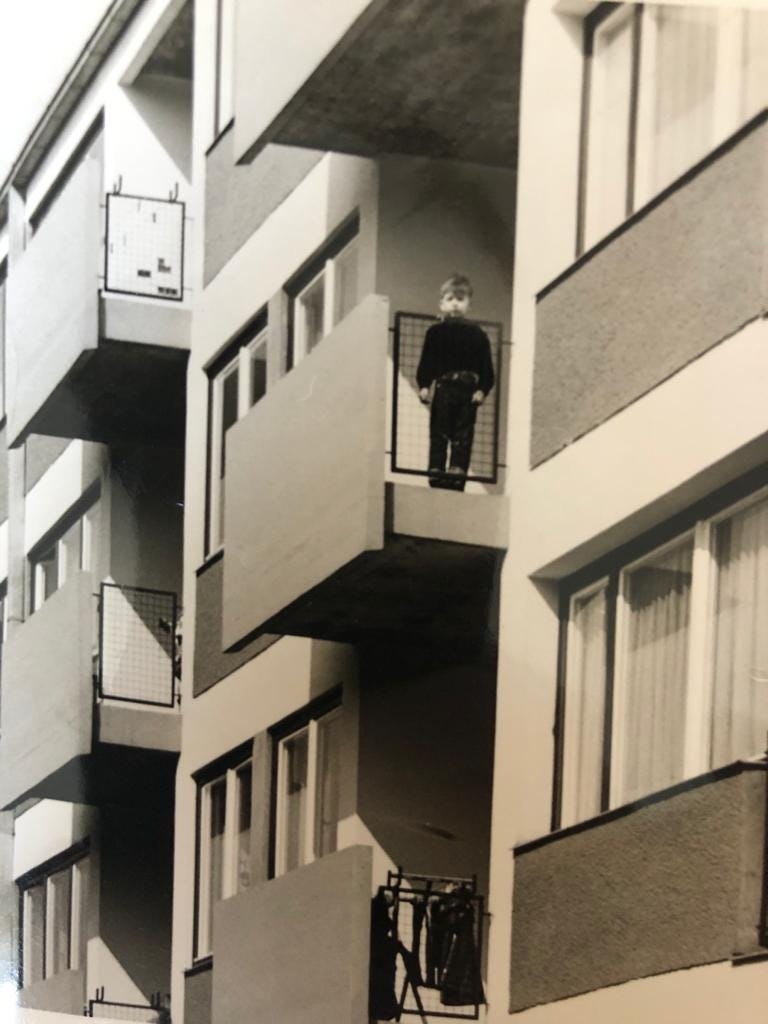
Excellent photographs -informative writing - it was a horrific war